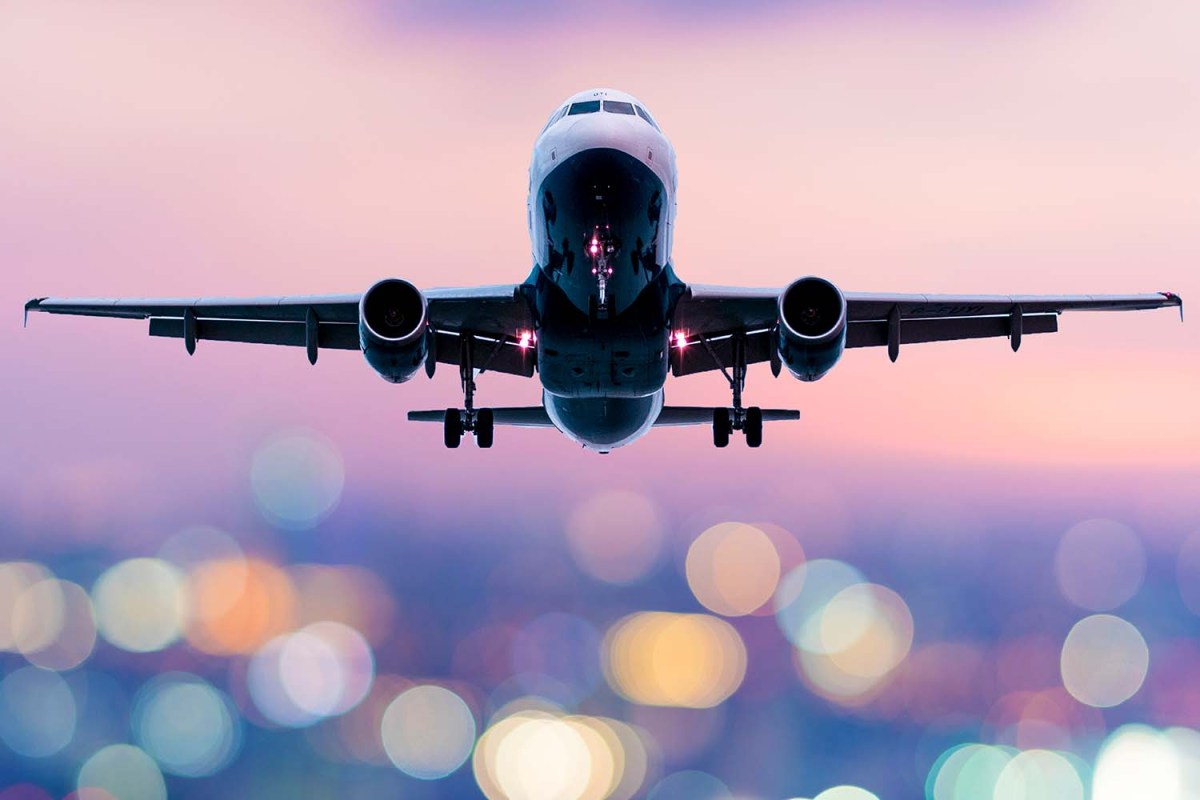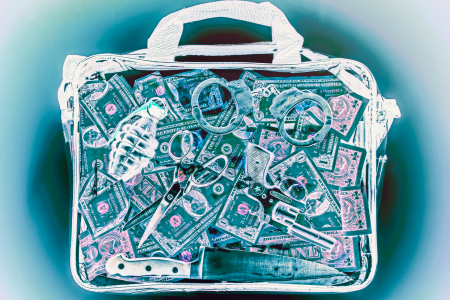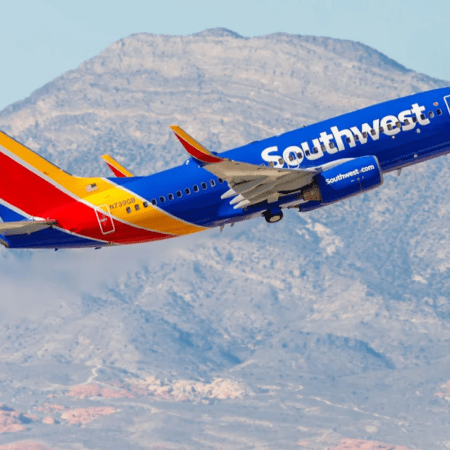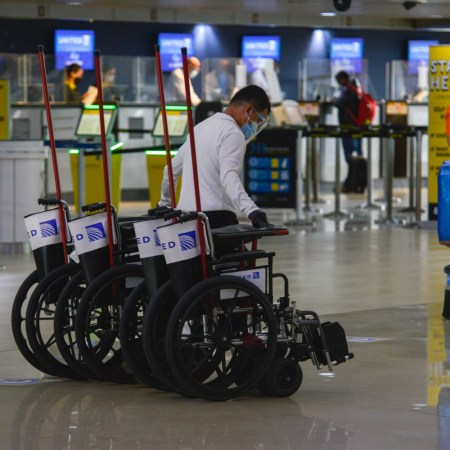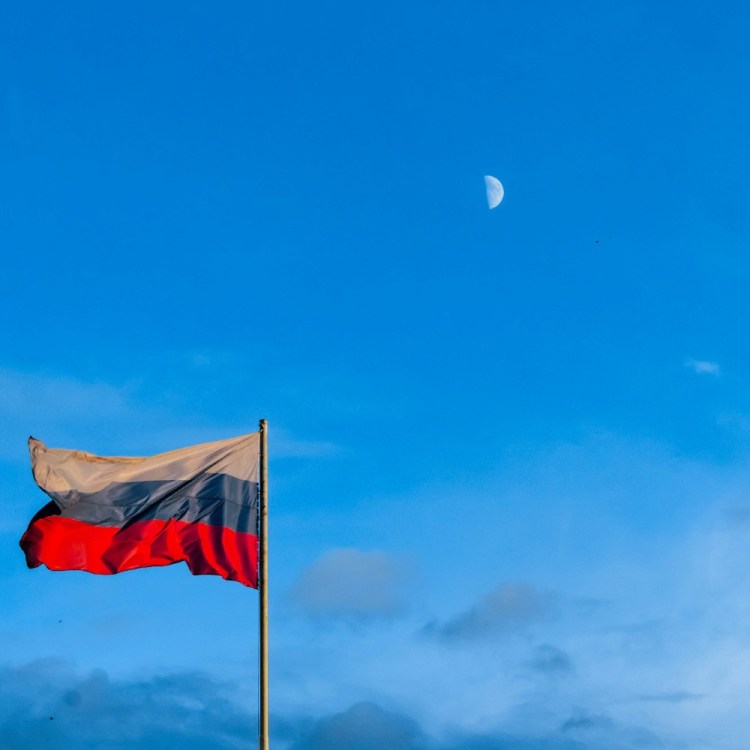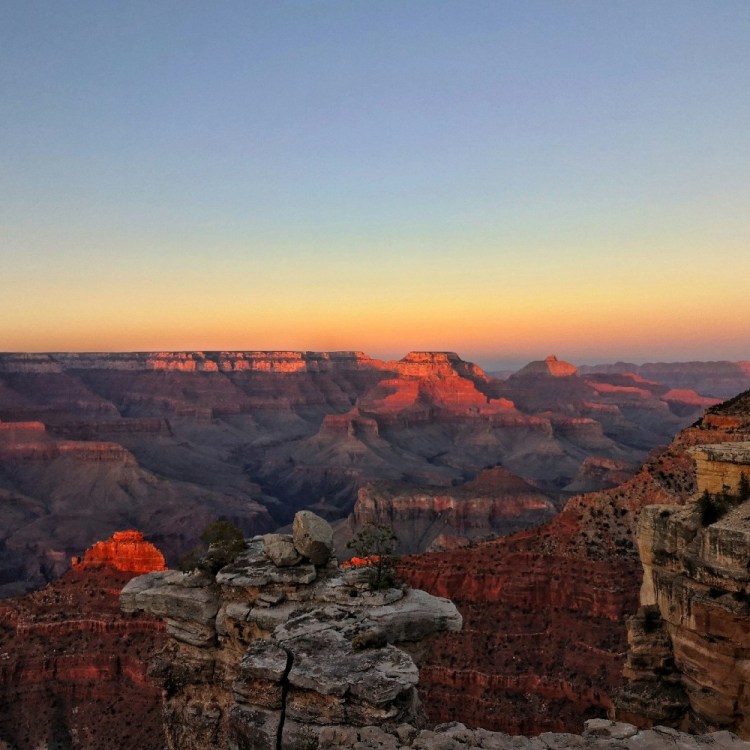There are all sorts of fees baked into the price of your airfare. There’s the base fare, obviously, but then there’s also the Federal Excise Tax (7.5%), the Flight Segment Tax and the Passenger Facility Charge (PFC), the latter of which is meant to cover the costs of maintaining and improving airports and is capped at $4.80 per flight segment. But there’s also another charge you may not be aware of — the September 11 Security Fee.
A quick scan of your itemized airline bill will confirm it’s true, but I’d venture to guess the overwhelming majority of travelers don’t even know they’re paying it. It’s a nominal fee and yet, every time you’ve flown over the course of the last 22 years, you’ve paid it.
So what exactly does the September 11 Security Fee entail?
To start, a little history: in November 2001, President George W. Bush signed into law the Aviation and Transportation Security Act, which required screening conducted by federal officials and 100% of checked baggage to be screened, among other things. Subsequently, the TSA was born, with its primary assignment being the supervision of those screenings.
How to Buy the Thousands of Items Surrendered to the TSA Every Day
Your friendly local “state agency for surplus property” might just be the best knife store on the internetSince then, the TSA has grown exponentially. But someone has to be funding that growth, right?
According to Travel Pulse, that’s where the fee comes in. “The fee helps to pay for the training and salaries of federal and local law enforcement,” Rich Thomaselli writes. “It also helps support the Federal Air Marshal program.”
Per the TSA’s website, the fee is collected by air carriers from passengers at the time air transportation is purchased. From there, the fees are remitted to TSA. The fee is currently $5.60 per one-way trip in air transportation that originates at an airport in the U.S.; the fee imposed per round trip does not exceed $11.20. Again, it’s not a lot, but $3,786,997,000 was collected from passengers in 2022 alone — and that’s down nearly half a billion to 2019’s whopping $4,263,225,000.
It goes without saying that the TSA is an extremely important body whose work is crucial to the continued protection of the nation’s transportation systems to ensure freedom of movement. That said, there are still seem to be some question marks where the fee is involved: chief among them, whether or not there will ever come a time when the TSA can be fully funded without the contributions of the taxpayer. (Being that it’s been 20 years and obviously very successful, I’d say not likely.) Of course, it’s still always worth knowing exactly what it is you’re paying for.
Thanks for reading InsideHook. Sign up for our daily newsletter and be in the know.
